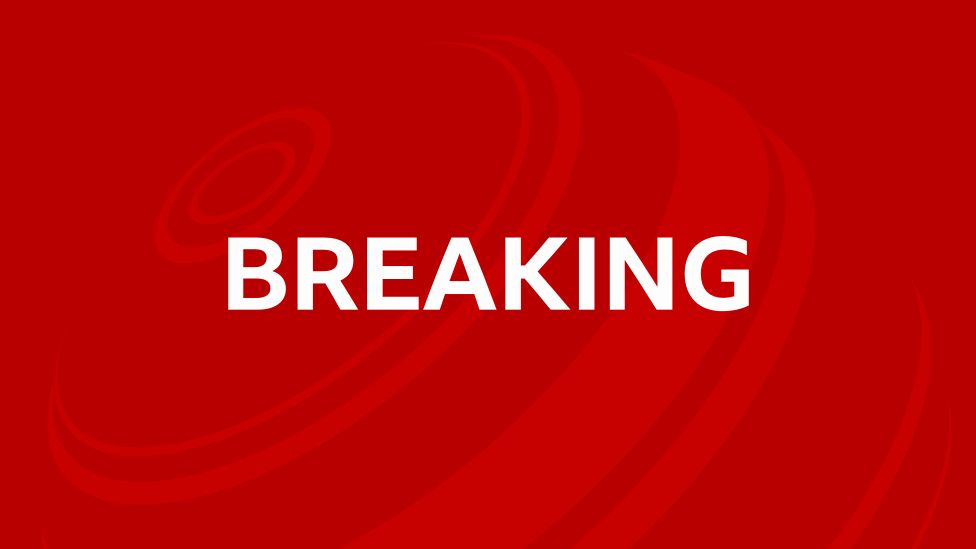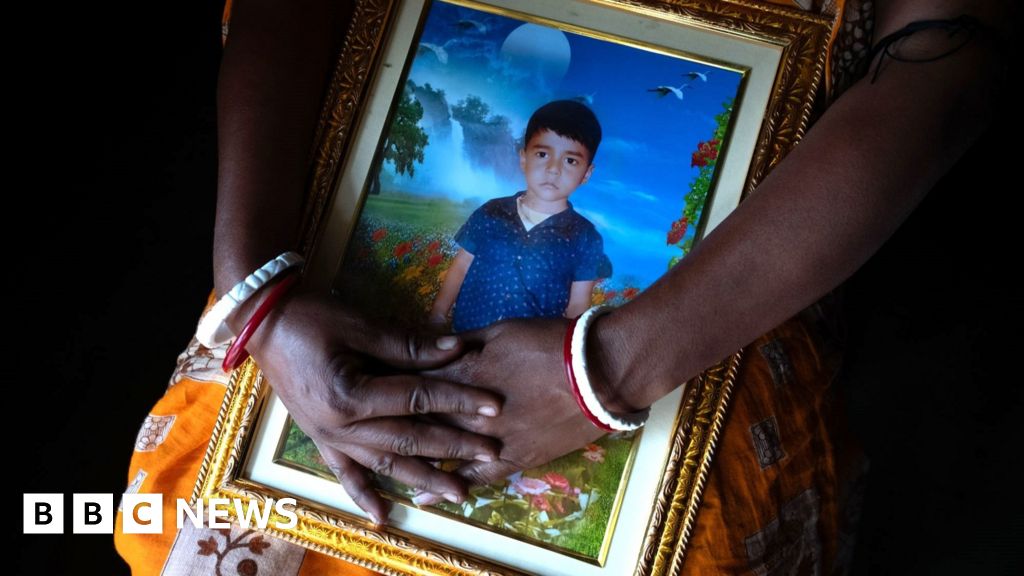ARTICLE AD BOX

Elon Musk has completed his $44bn (£38.1bn) takeover of Twitter, according to a number of media reports.
Twitter's chief executive and finance boss have reportedly left with immediate effect.
It brings to a close a saga that saw Mr Musk offer to buy the firm and then say he wanted to pull out before Twitter took legal action to force the world's richest man to complete the deal.
Mr Musk tweeted his interest in the platform was not about making money.
Twitter's chief executive, Parag Agrawal, and chief financial officer Ned Segal are no longer with the company, according to US media reports.
The social media platform's shares will be suspended from trading on Friday, according to the New York Stock Exchange's website.
Mr Musk said he bought it to help humanity and wanted "civilization to have a common digital town square".
Earlier this week Mr Musk tweeted a video of himself walking into Twitter's headquarters in San Francisco carrying a kitchen sink with the caption: "let that sink in!"
He also changed his Twitter profile to read "Chief Twit".
Image source, Elon Musk
Image caption,Elon Musk carrying a sink into Twitter HQ
Many analysts argued the price Mr Musk is now paying for the company is too high given the decline in the values of many tech stocks and Twitter's struggle to attract users and grow.
On a recent earnings call, the Tesla founder said Twitter was "an asset that has just sort of languished for a long time, but has incredible potential, although obviously myself and the other investors are overpaying for Twitter right now".
Long road to a deal
Mr Musk's early investments in Twitter initially escaped public attention. In January, he began making regular purchases of shares, so that by the middle of March he had accumulated a 5% stake in the firm.
In April, he was revealed as Twitter's largest shareholder, and by the end of the month a deal was finally reached to buy the company for $44bn (£38bn).
He said he planned to clean up spam accounts and preserve the platform as a venue for free speech.
But by mid-May Mr Musk, a prolific Twitter user, had begun to change his mind about the purchase, citing concerns that the number of fake accounts on the platform was higher than Twitter claimed.
Image source, Getty Images
In July he said he longer wished to acquire the company. Twitter, however, argued the billionaire was legally committed to buying the company.
Twitter eventually filed a lawsuit to hold him to the deal.
In early October, Mr Musk revived his takeover plans for the company on the condition that legal proceedings were paused.
Change ahead
Mr Musk, a self-styled "free speech absolutist" has been critical of Twitter's moderation policies and the news will be greeted with mixed feelings by Twitter users and employees.
Some users, particularly those on the US right, argue conservative voices are censored on the platform - an accusation that Twitter denies.
Former US President Donald Trump remains banned from the platform - a decision Mr Musk has previously said was "foolish" and that he would reverse.
But others fear relaxing moderation policies would allow hate-speech to proliferate.
In a tweet addressed to Twitter advertisers Mr Musk said that the platform could not become a "free-for-all hellscape" and must be "warm and welcoming for all".
As Twitter's owner, Mr Musk was widely reported to be planning big staff cuts. However, Bloomberg has reported the billionaire denied that he would cut 75% of staff in a meeting with employees.
But working at Twitter may become more onerous. The Tesla chief executive has previously tweeted that employees should anticipate work ethic expectations that are "extreme".
Also, work ethic expectations would be extreme, but much less than I demand of myself
— Elon Musk (@elonmusk) May 7, 2022The BBC is not responsible for the content of external sites.View original tweet on Twitter
The entrepreneur has also posted that his plans for Twitter include "X, the app for everything".
Some suggest this might be something along the lines of the hugely successful Chinese app WeChat, a kind of "super app" that incorporates different services including messaging, social media, payments and food orders.

 2 years ago
25
2 years ago
25








 English (US) ·
English (US) ·